 |
| Mr. Alain Cany, senior advisor of Jardine Matheson Group (Vietnam). |
Sir, how has the EVFTA impacted trade and investment between Vietnam and the EU?
The EVFTA has contributed to further deepening economic relations between Vietnam and the EU, turning the EU into one of the largest sources of foreign investment in Vietnam.
In 2024, Vietnam's export turnover to the EU reached 51.7 billion USD, up 18.5% over the previous year. The EU is Vietnam's fourth largest trading partner, after China, the United States and South Korea.
Notably, in the first two months of 2025, the EU rose to become Vietnam's second largest export market, after the United States, with a turnover of 8.8 billion USD, an increase of 13.3% over the same period last year.
EVFTA helps Vietnam diversify its markets, reduce dependence on a few traditional partners, while promoting deeper participation in the global value chain and increasing the added value of domestic industries.
On a positive note, trade with the EU has not been affected by global trade tensions, as the EU has not made any major policy changes.
However, in terms of investment, capital flows from the EU to Vietnam are still modest. As an investor representing the European community for many years, I am not really satisfied with the current investment level. Both sides need to make more efforts to promote European investment flows to Vietnam.
In the context of global economic fluctuations, how do foreign investors feel about the current investment environment in Vietnam, sir?
Vietnam is entering a promising phase, what the French call “the perfect convergence of political and economic factors”.
European companies’ interest in Vietnam has increased significantly. When I talk to regional directors of European corporations in Singapore or Europe, I find that they are more interested in Vietnam than they were five years ago. There is a real belief that Vietnam is on the right track in economic development.
I see that FDI capital into Vietnam so far still mainly comes from Asia, especially Korea and Japan. This is understandable because investors often increase investment in the region before expanding to other regions.
In Japan, limited land, an aging population and high operating costs make it difficult to expand domestic investment, so it is inevitable that Japanese investors will look to invest in other countries. Singapore and China are also facing similar limitations. In this context, Vietnam has emerged as an attractive destination, even more so than the Philippines at the moment.
For European and American investors, stability and similarity of the legal environment to the host country are key. They need a legal system that is predictable, familiar and transparent.
In your opinion, how can we improve the effectiveness of EVFTA in the current volatile global political and economic context?
To enhance the effectiveness of the EVFTA, it is important to fully implement the commitments, especially the chapters on investment liberalization.
Vietnam needs to recognize the EU as the world’s largest and most dynamic consumer market, while making the most of the opportunities this agreement brings, maintaining FDI attraction by removing legal barriers, improving market access and prioritizing liberalization for foreign enterprises participating in the global value chain.
In the context of shifting global supply chains, protecting and strengthening free trade agreements (FTAs) such as the EVFTA is more important than ever.
What difficulties are EU businesses facing when operating in Vietnam, sir?
Several major barriers still exist. First are administrative procedures and legal barriers. Granting work permits to foreigners is complicated, and strict regulations on cosmetics trading, such as the requirement for a certificate of free sale (CFS), still apply to EU goods, while goods imported from CPTPP and ASEAN countries are exempt.
Another issue is the need to ensure that EU businesses are treated fairly, without discrimination compared to other investors.
In addition, the risk of increased tariffs from the US on Vietnamese exports is also a concern. Some ASEAN countries are enjoying more preferential treatment, which could make investors reconsider their decisions and affect Vietnam's attractiveness in the global supply chain.
What is the current status of the EU-Vietnam Investment Protection Agreement (EVIPA) and what role does it play in investment relations between the two sides?
EVIPA has been ratified by EU agencies, but there are still 9 EU member states that have not completed the procedure. The reason is mainly due to internal political factors, not relations with Vietnam.
The EVIPA is a very important agreement. It will help improve both the quantity and quality of EU investment in Vietnam, ensure national treatment for EU investors and provide strong protection mechanisms, including a dispute settlement mechanism between the state and investors.
We call on the remaining member states to promptly complete the ratification of EVIPA.
Source: https://baodautu.vn/viet-nam-dang-ngay-cang-thu-hut-su-quan-tam-cua-doanh-nghiep-chau-au-d275108.html


![[Photo] Prime Minister Pham Minh Chinh receives leaders of Excelerate Energy Group](https://vphoto.vietnam.vn/thumb/1200x675/vietnam/resource/IMAGE/2025/5/29/c1fbe073230443d0a5aae0bc264d07fe)

![[Photo] Prime Minister Pham Minh Chinh attends the event "Digital transformation of the banking industry by 2025"](https://vphoto.vietnam.vn/thumb/1200x675/vietnam/resource/IMAGE/2025/5/29/0e34cc7261d74e26b7f87cadff763eae)






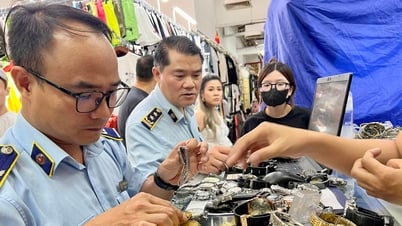

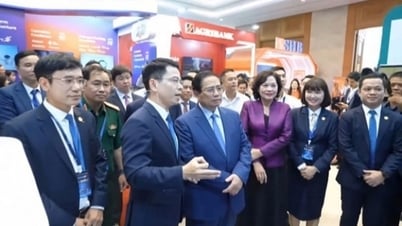

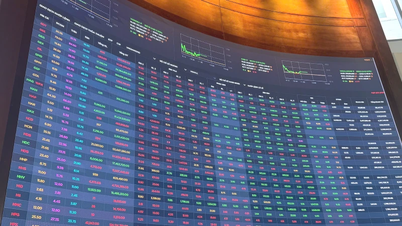

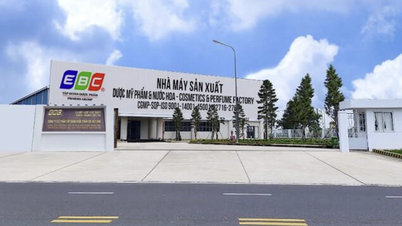





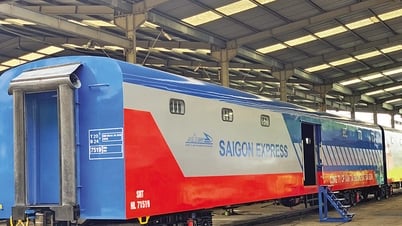


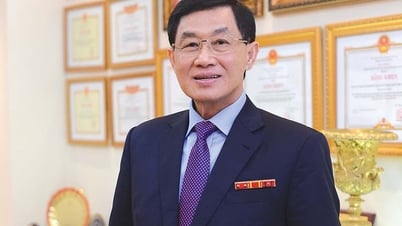






















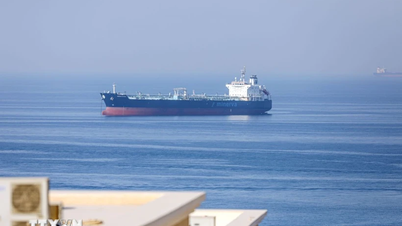





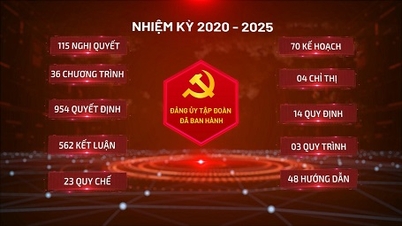


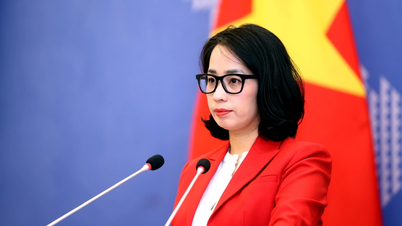







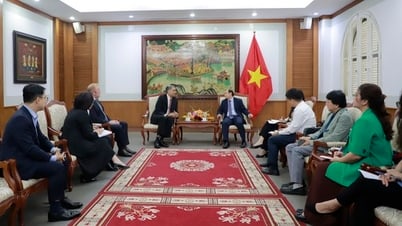


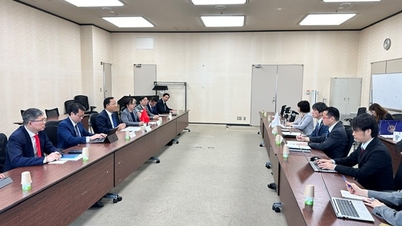

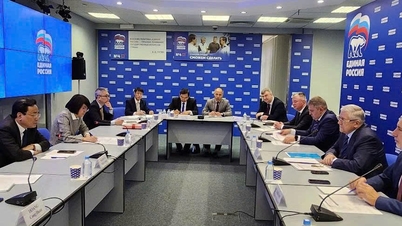

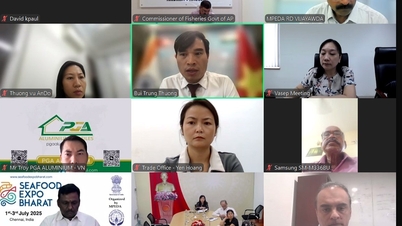
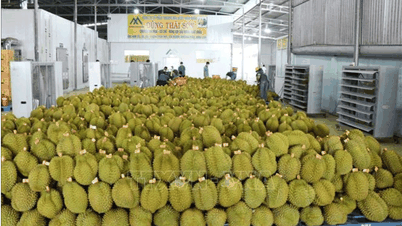

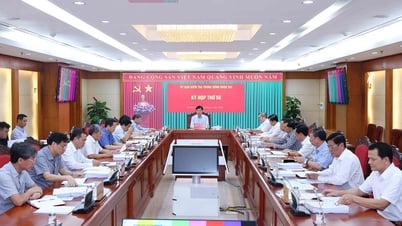

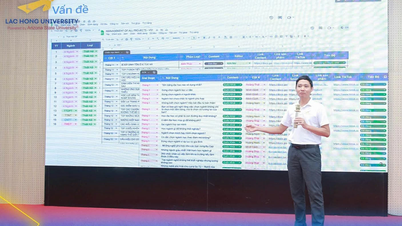






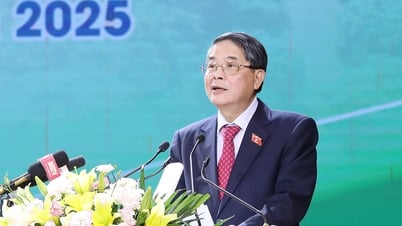










Comment (0)